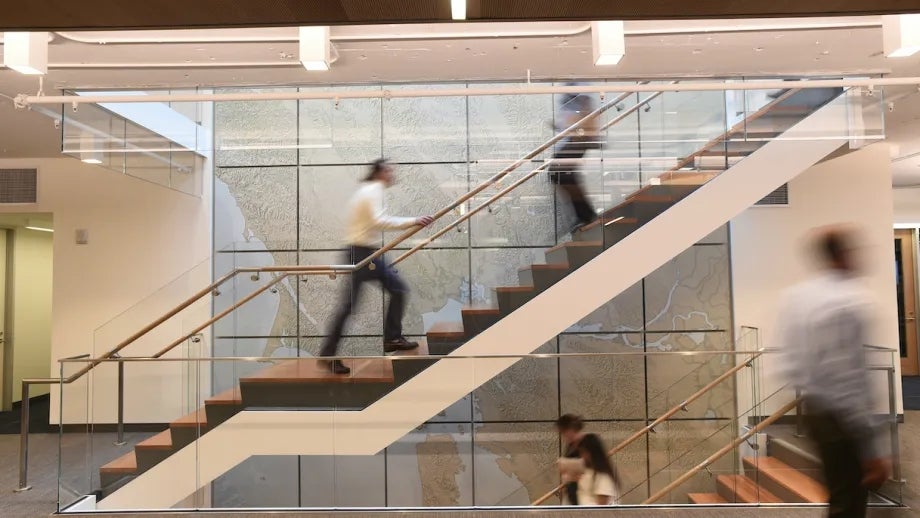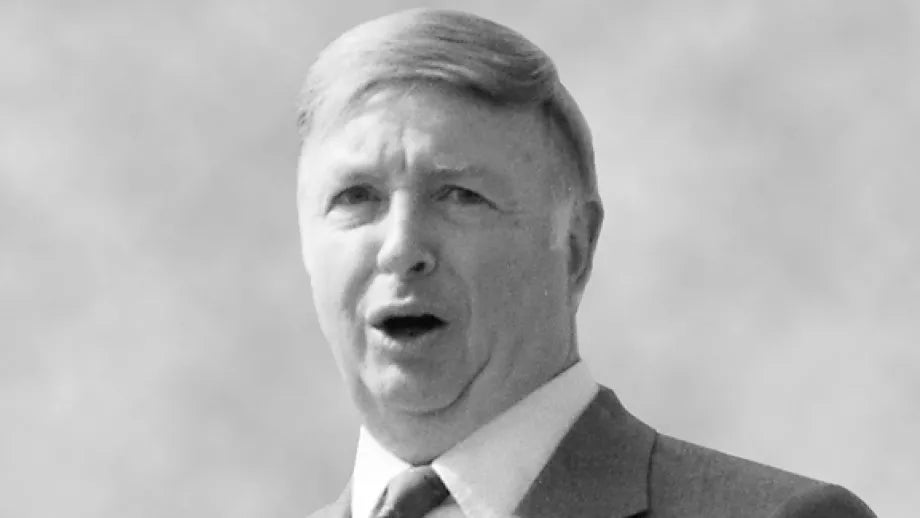MTC History
MTC’s original focus was to plan for the expansion of the Bay Area’s transportation network. The work has grown to include transportation planning, financing, coordination and management, and making sure transportation investments work with housing and development.
MTC was created by the California Legislature in 1970 and held its first meeting in February of 1971.
Vision for a Connected Region
As work began on the Bay Area Rapid Transit System (BART), state assemblyman John Foran of San Francisco drafted and led to passage in 1970 a bill creating the Metropolitan Transportation Commission. Looking to the future, Foran saw the need for a regional agency to help integrate bus and rail systems with the new BART system.
Over the years, MTC has moved the region away from a highway-focused transportation network toward a more balanced, multimodal and environmentally sensitive approach.
Funding & Investing
In the beginning, MTC was charged with regional transportation planning, and reviewing applications from local government agencies for state and federal transportation grants.
Legislative actions at both the state and federal levels have expanded MTC's roles and funding powers. MTC directly distributes more than $700 million a year to local public transit agencies and other recipients, and prioritizes requests from local agencies for millions more in scarce state and federal funds. Acting as the Bay Area Toll Authority, MTC collects in excess of $600 million a year in bridge tolls, and allocates these funds for the operation and upkeep of the region's seven state-owned toll bridges.
In 1991, Congress passed the Intermodal Surface Transportation Efficiency Act (ISTEA). This act greatly expanded the role of metropolitan planning organizations (MPOs) like MTC in deciding how to spend federal transportation dollars at the regional and local levels.
In 2008, California Senate Bill 375 gave MTC and sister agencies in the state new roles in building sustainable communities.
MTC's first offices were at the historic Claremont Hotel in Berkeley, where the Association of Bay Area Governments (ABAG) — an organization involved with guiding land use — was also located. In the mid-1980s, the two sister agencies jointly moved to the Joseph P. Bort MetroCenter in downtown Oakland.
In 2008, Senate Bill 375 called for greater regional collaboration, and the decision was made to create a new regional agency headquarters in downtown San Francisco. The Bay Area Metro Center opened in 2016 in the city's South of Market/Rincon Hill area, a neighborhood now referred to as the East Cut. The address, 375 Beale Street, is a nod to the bill that inspired this forward-thinking experiment in good government.
A San Francisco native and graduate of the University of San Francisco Law School, John Francis Foran was elected to the state Assembly in 1962. A Democrat, he served 11 years in that position, and as many years in the state Senate. He was the first legislator to serve as chairman of the Transportation Committee in both the California Assembly and Senate.
Foran authored many bills that greatly improved the state’s transportation system, including Assembly Bill 363, which gave birth to MTC in 1970. Foran was also responsible for the bill that permitted MTC to use bridge toll revenues to improve transit systems in the bridge corridors, and for a gas tax that generated $2–3 billion for state and local roads in the 1980s.
He authored the state’s Pure Air Act in 1968, which was later adapted by Congress as the Federal Clean Air Act. He also expanded the Golden Gate Bridge District’s mission to include bus and ferry service.
After his retirement from the Legislature in 1986, state officials named a stretch of Interstate 280 in San Francisco in his honor. Foran later worked as a lobbyist for MTC, passing away in September 2014 at the age of 84 after battling cancer.
In honor of its 40th anniversary, MTC in 2011 launched an oral history project, interviewing some two dozen key figures about the evolution of regionalism. The Bay Area Regionalism Oral History Youtube playlist includes videos of all of the interviews.


